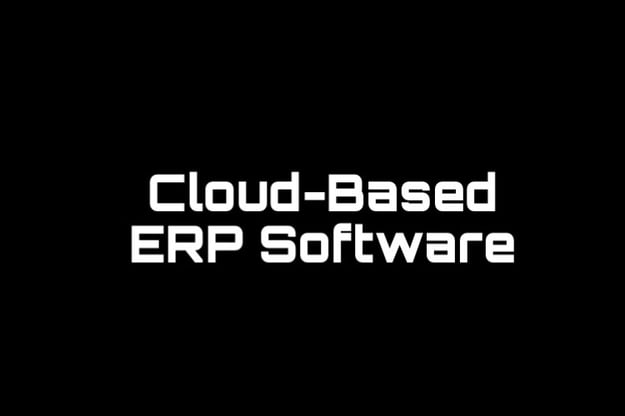Topics: Advanced Planning and Scheduling, production planning, Implementation, APS, ERP, APS, enterprise resource planning, multi-plant, global plants, cloud, ERP System, production management software, production management, cloud based ERP
Is product demand growing for your operation? Are you about to kick-off a new model year of new product? Is your ERP still stuck in yesteryear? Is it older than your high school yearbook? With ever-growing demand, modifications to product design, changes in raw materials being used, etc.; you may be considering facilities upgrades, or even a total overhaul and retooling of your operation this fiscal year.
You might be considering a change in ERP system for whatever reasons; to one that can handle the operational challenges, expansions and data-sharing needs that both you and your supply chain are facing this 2018. These many changes present themselves year after year in a semi-cyclical manner, and the ongoing rate of change is, yet again, that all too familiar upward curve that seems to have no end. In 2018, we are not fully aware of where ERP is heading in the long-term, but for now, cloud-based ERP systems are commonly at the consideration stage for many operations managers looking to upgrade.  For many, even upgrading to an improved version of their on-premise ERP system can help to recover any lost capacity or diminished reliability that may be due to having an outdated ERP that may be bottlenecking at least some amount of production potential. In situations where cloud-based ERP makes clear sense based on core system advantages, an on-premises ERP systems can really come up short in terms of meeting the minimum requirements of an operation and its supply chain needs.
For many, even upgrading to an improved version of their on-premise ERP system can help to recover any lost capacity or diminished reliability that may be due to having an outdated ERP that may be bottlenecking at least some amount of production potential. In situations where cloud-based ERP makes clear sense based on core system advantages, an on-premises ERP systems can really come up short in terms of meeting the minimum requirements of an operation and its supply chain needs.
Cloud-based ERP software is being implemented at a fairly rapid pace, and it's allowing manufacturers and process industries to step up in terms of performance, security, real-time analytics and data-sharing potential. Manufacturing seems to be falling headlong into the future of cloud computing/cloud-based ERP software, due mainly to JIT principles and real-time analytics that provide an incredible amount of data that can be used for planning and prediction purposes.
Cloud-Based ERP systems offer a an array of refined capabilities where the benefits can bring your production initiatives into alignment and pointing towards squarely towards SuperPlant, Smart Factory, Industry 4.0 and IoT - whatever your next step is. The higher availability of real-time data can offer a lot just in itself when aiming to increase communication within and across supply chains.
 Betterment of overall operational performance that can be derived from cloud computing systems, such as ERP systems, can often be realized in the specific areas of:
Betterment of overall operational performance that can be derived from cloud computing systems, such as ERP systems, can often be realized in the specific areas of:
Utilization of a cloud-based ERP system is not just a mere upgrade in software for a plant or plants. With your operational data having high accessibility and sharing potential - it can literally put your operation on the map. Data can be shared with vendors, clients and even third party applications for production tools integration purposes. One such common add-on to ERP is advanced planning and scheduling systems software (APS) which can greatly aid in dialing-in flow and eliminating bottlenecks.
Advanced Planning and Scheduling & Cloud-Based ERP
Project managers are finding out that ERP systems alone are not the answer and manufacturing operations are having a difficult time properly scheduling. Instead of relying on error-prone spreadsheets and manual rigged solutions, implementing an advanced planning and scheduling system (APS) can offer various benefits and capabilities that will take your production to the next level. These benefits include the following:
Turn your manufacturing operation into a profit center and take the next step in production optimization through integration of an advanced planning and scheduling system (APS) into your manufacturing operation.
Topics: Advanced Planning and Scheduling, production planning, Implementation, APS, ERP, APS, enterprise resource planning, multi-plant, global plants, cloud, ERP System, production management software, production management, cloud based ERP
0 Comments
No video selected
Select a video type in the sidebar.







LEAVE A COMMENT